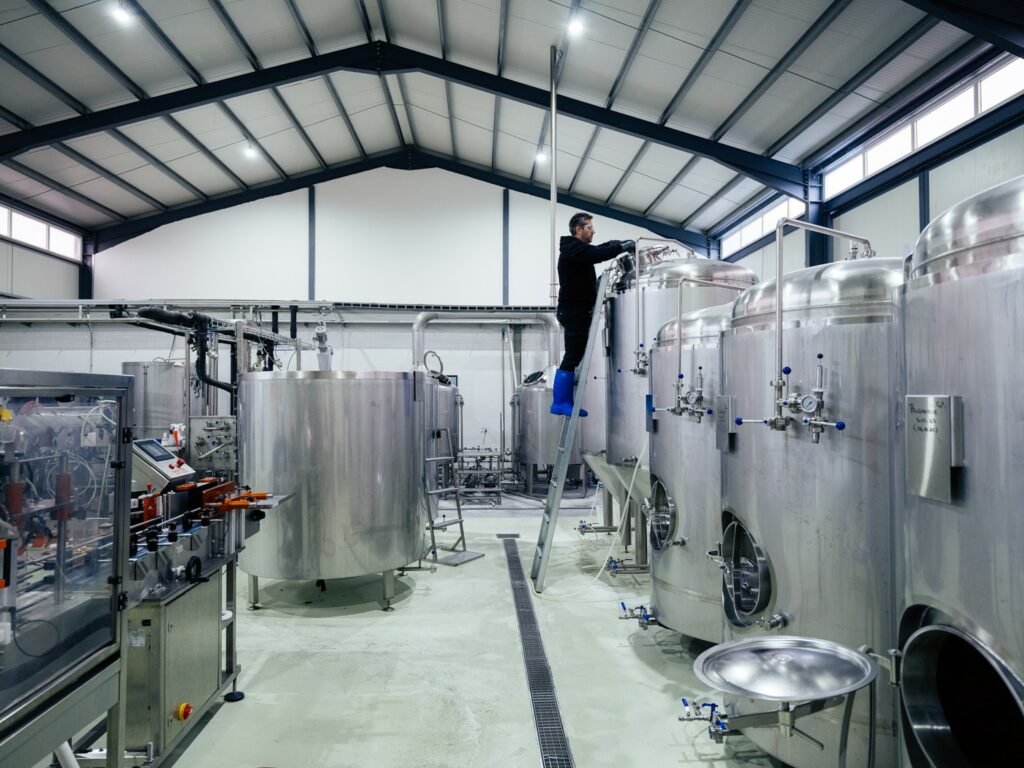Cyprus is embracing the green transition with a new wave of environmental taxes, aiming to slash greenhouse gas emissions by 32% by 2030. While the shift is considered necessary and legitimate, it’s also set to hit the pockets of households and businesses nationwide.
Experts, officials, and economists agree: green taxes are critical to bridging the cost gap between fossil fuels and cleaner alternatives. But concerns are mounting over how these levies will affect competitiveness, and whether consumers can absorb the shock.
Follow THE FUTURE on LinkedIn, Facebook, Instagram, X and Telegram
The Carbon Price Surge: What’s Coming
The most impactful measure is a carbon tax on petrol and diesel, expected to initially raise pump prices by 5.95 cents per liter, increasing to 10 cents by 2026. That’s just the start.
By 2027, the EU’s new Emissions Trading System (ETS2) will come into play, potentially pushing fuel costs up by another 18 cents per liter.
Add to this:
- A new water tax of €0.01 per cubic meter has already been approved by the Council of Ministers.
- A waste fee tied to the “pay-as-you-throw” scheme.
- A planned overnight hotel fee has now been postponed to 2026.
These taxes, part of Cyprus’s Recovery and Resilience Plan, were originally due by November 2023, but have been delayed until May 2025, according to Finance Minister Makis Keravnos.
However, carbon tax implementation is now expected this summer, pending the finalization of compensatory measures, said Andreas Zachariades, the finance ministry’s permanent secretary.
What Will It Cost—And Who Pays The Most
According to a new University of Cyprus Centre for Economic Research report, green taxes are set to dent household well-being, particularly for lower-income families.
Key findings:
- Fuel and water taxes will increase household spending by 0.37% on average.
Lower-income households will feel a disproportionate impact. - The state stands to gain €54 million annually from fuel taxes—€33 million from households and €19 million from businesses.
The overnight hotel fee could bring in another €34 million per year.
The Government’s Pledge: Balance Pain With Support
Despite the burden, the finance ministry has committed to a fiscally neutral policy—meaning all revenue from green taxes will be offset by equivalent support measures.
Planned compensations include:
- Subsidies for vulnerable groups.
- Incentives to replace vehicles with greener models.
- Support schemes for businesses adapting to sustainable practices.
By 2026, total revenue from green taxes is expected to reach €70 million, matched by an equal value in compensatory measures, according to Zachariades.
Supporters Say It’s Necessary. Critics Want A Delay.
Economist Tasos Yiasemides said the cost of transformation is high, but stressed the importance of long-term sustainability and the government’s plan to cushion the blow: “The state’s commitment to a fiscally neutral policy and the adoption of support measures will help protect consumers and businesses.”
However, the Cyprus Consumers’ Association remains unconvinced. President Marios Drousiotis called for delaying implementation until economic conditions allow.
Even a 1 cent fuel increase, he warned, would cost consumers €9 million a year. While he acknowledged the ripple effect on other goods, he noted that price increases may not be prohibitive—yet.
The Bottom Line
Cyprus’s climate goals are ambitious—and green taxes are part of the cost of getting there. But balancing environmental responsibility with economic fairness remains a delicate act.
As the green transition gains momentum, the real test will be whether the government can deliver on its promise: a fairer, cleaner future that doesn’t leave the most vulnerable behind.









